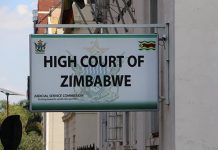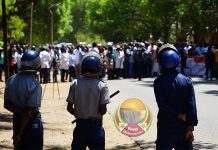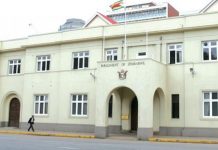The country’s human rights infrastructure remains weak due to underfunding and the half-hearted operationalisation of independent commissions in Zimbabwe.
Promulgated in 2013, the new Constitution gave birth to a number of commissions under Chapter 12, among them the Zimbabwe Human Rights Commission, the National Peace and Reconciliation Commission and the Gender Commission.
Zimbabwe Human Rights Association (ZimRights) director Okay Machisa says State institutions’ limited appreciation of human rights, especially security institutions, as witnessed during the Commission of Inquiry into the August 1 disturbances and shootings, calls for implementation of reforms in the sector.
“ZimRights believes that human rights will never be safe in the country until there is establishment of a genuine and robust democratic culture anchored on free, fair and credible elections.
“Zimbabwe must implement all the recommendations from the Universal Periodic Review process of the Human Rights Council in 2016, which emphasised the need to align laws and implement the 2013 Constitution, strengthen human rights promoting institutions, protect rights of children and women, and promote the right to demonstrate and petition, among others.”






